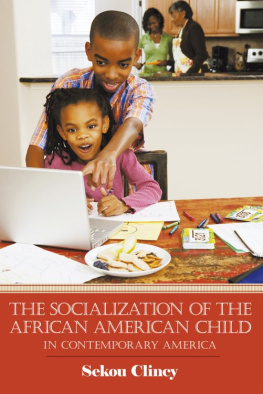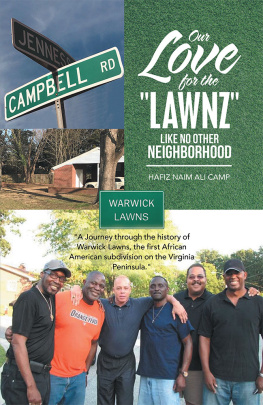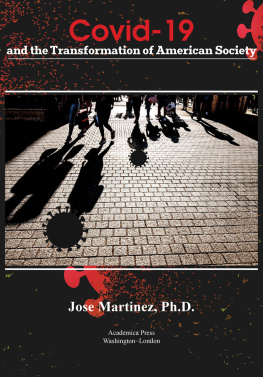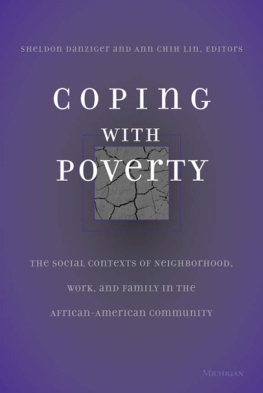Maria Loreto Martinez - Neighborhood Context and the Development of African American Children
Here you can read online Maria Loreto Martinez - Neighborhood Context and the Development of African American Children full text of the book (entire story) in english for free. Download pdf and epub, get meaning, cover and reviews about this ebook. year: 2016, publisher: Routledge, genre: Home and family. Description of the work, (preface) as well as reviews are available. Best literature library LitArk.com created for fans of good reading and offers a wide selection of genres:
Romance novel
Science fiction
Adventure
Detective
Science
History
Home and family
Prose
Art
Politics
Computer
Non-fiction
Religion
Business
Children
Humor
Choose a favorite category and find really read worthwhile books. Enjoy immersion in the world of imagination, feel the emotions of the characters or learn something new for yourself, make an fascinating discovery.

- Book:Neighborhood Context and the Development of African American Children
- Author:
- Publisher:Routledge
- Genre:
- Year:2016
- Rating:5 / 5
- Favourites:Add to favourites
- Your mark:
- 100
- 1
- 2
- 3
- 4
- 5
Neighborhood Context and the Development of African American Children: summary, description and annotation
We offer to read an annotation, description, summary or preface (depends on what the author of the book "Neighborhood Context and the Development of African American Children" wrote himself). If you haven't found the necessary information about the book — write in the comments, we will try to find it.
Neighborhood Context and the Development of African American Children — read online for free the complete book (whole text) full work
Below is the text of the book, divided by pages. System saving the place of the last page read, allows you to conveniently read the book "Neighborhood Context and the Development of African American Children" online for free, without having to search again every time where you left off. Put a bookmark, and you can go to the page where you finished reading at any time.
Font size:
Interval:
Bookmark:

Stuart Bruchey
Allan Nevins Professor Emeritus
Columbia University

711 Third Avenue, New York, NY 10017
2 Park Square, Milton Park, Abingdon, Oxon OX14 4RN
available from the Library of Congress.

Neighborhood Context and the Development of African American Children
- Environmentalists and community psychologists have identified physical and social dimensions of neighborhoods that are important determinants of individual behavior. Particular emphasis is given to reviewing findings regarding the social component of neighborhood life (e.g., formal and informal social exchanges, emotional, instrumental, and informational support because it appears to play a central role in terms of providing resources for coping with stressors both at the individual and neighborhood level, and has been linked to positive child rearing (Cochran, 1988; Cochran & Brassard, 1979). This literature is reviewed as a framework for the development of a measure of parental perceptions of neighborhood, the Perceived Neighborhood Scale (PNS).
Font size:
Interval:
Bookmark:
Similar books «Neighborhood Context and the Development of African American Children»
Look at similar books to Neighborhood Context and the Development of African American Children. We have selected literature similar in name and meaning in the hope of providing readers with more options to find new, interesting, not yet read works.
Discussion, reviews of the book Neighborhood Context and the Development of African American Children and just readers' own opinions. Leave your comments, write what you think about the work, its meaning or the main characters. Specify what exactly you liked and what you didn't like, and why you think so.








